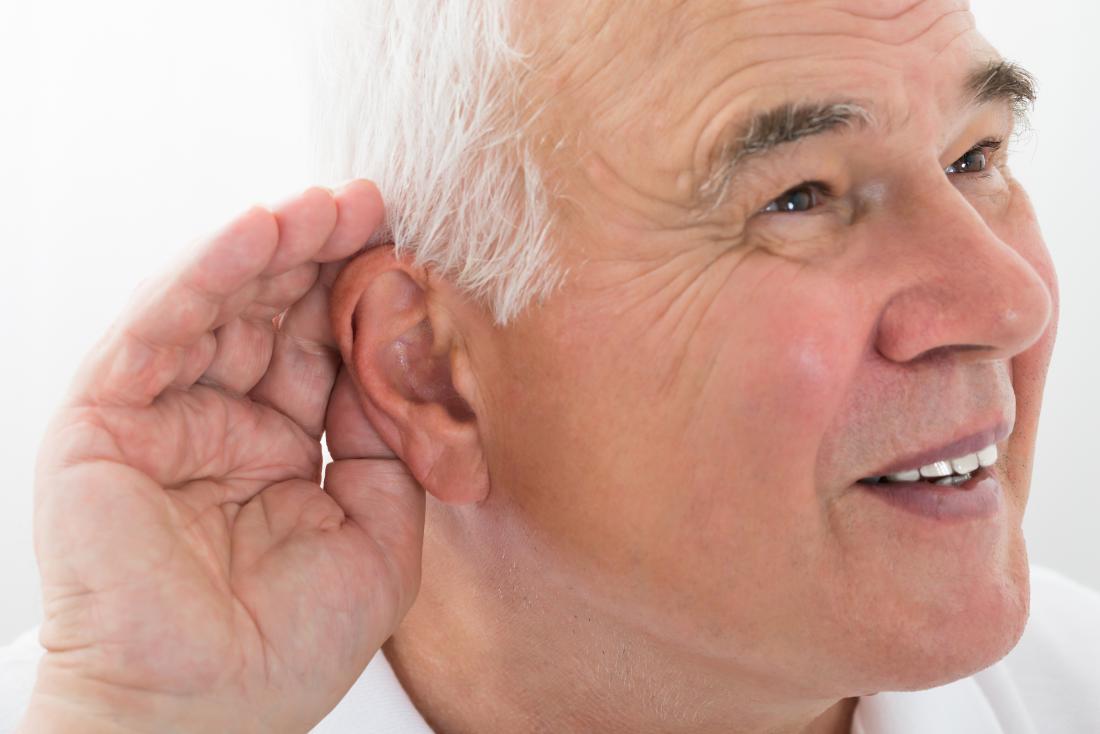Do you have hearing loss? Don’t worry, you’re not alone! According to statistics, millions of people around the world suffer from hearing loss. In the United States, that’s more than 30 million people, and the number continues to grow every year! The modern urban lifestyle negatively affects hearing health. We live in a noisy acoustic environment with poor nutrition and constant stress, which puts a lot of strain on people’s hearing organs.
Today, hearing problems are no longer the hallmark of people over 50. People of all ages, including children and teenagers, have varying degrees of hearing loss. However, such a high prevalence of hearing loss is not a reason to take it for granted. Even at an advanced age, it is not normal! Hearing-impaired people are chronically confused and disoriented. They also experience other physiological and psychological difficulties, for example, frequent dizziness, cognitive decline, and depression!
You don’t want to face these problems, do you? Do you want to hear well? Then you must have a good understanding of how hearing loss develops and manifests itself. What aspects of physiology are affected? Preventing it is the first step to a lifetime of healthy hearing!
Why don’t we notice hearing loss?
Most patients don’t notice their hearing loss until it becomes critical. That’s why the person loses precious time and visits an audiologist late. Hearing loss is easier to treat at an early stage. The timing of treatment is important in correcting hearing loss. The sooner you schedule an appointment with an ear doctor Staten Island, the sooner you can hear the surrounding sounds and the voices of your loved ones again! Why do people postpone an appointment with a doctor? There are several main reasons.
Gradual hearing loss
In most cases, hearing loss develops gradually due to age-related changes or long-term noise exposure. Hearing loss does not happen suddenly. Our brain is always getting used to new conditions, which means it has to get used to hearing loss. As a result, a person does not notice the changes, which is true for a mild degree of hearing loss. Then the problem gets worse. New symptoms occur, which are difficult to get used to.
Inability to see sounds
Consider an interesting fact about our physiology. All human beings are visual creatures. We perceive most of the information about the world around us with the help of eyesight. If our vision weakens, we can easily notice it, without the help of others. It allows us to go to a doctor in time to get effective treatment. Hearing is another matter, as we can’t see the sound waves.
When hearing loss occurs, we think it is others around us who speak softly and inaudibly. Many hearing loss patients believe the problem is with the people around them.
We do not see sound, and unlike vision, we do not perceive hearing as a physical process. Meanwhile, the ability to perceive sound waves is essential to the functioning of the hearing organs.
The sound we hear is the vibration of sound waves at certain frequencies. These vibrations occur around us all the time and have different physical characteristics. If you pour water from a cup onto the floor, it’ll be one sound, and if you throw the cup and it breaks – another. The sound wave partially passes through mechanical obstacles, and we can hear the noise behind a closed door.
How do we hear?
Let’s consider the physiological process which allows us to hear and interact with the world around us. Humans are unable to perceive sounds until they reach their ears. The auricle and ear canal have a conductive function. Sound processing is happening in the middle and inner ear, which are separated from the outer ear by the eardrum. It is a thin membrane, which vibrates in response to sound waves.
From the eardrum, sound signals travel through the middle and inner ear to the auditory cortex. Here they are recognized and processed. Hair cells convert sound into information for the brain to interpret. The brain is the key link in the auditory sensory system. It determines exactly what you just heard. And if a person suffers from hearing loss, the signals coming to the brain are distorted. As a result, the person loses the ability to distinguish sounds. As we can see, the hearing organs are a complex system. Unfortunately, it is fragile and does not recover naturally. Even listening to music with headphones at high volume can lead to hearing loss!
What should you do in case of hearing loss?
Hearing loss affects the ability of a person’s hearing organs to convert sound waves into perceptible information. Strictly speaking, it does not mean that the hearing organ is completely dysfunctional. However, its ability to perceive sound is limited.
Most commonly, hearing loss develops as a result of damage to the hair cells in the inner ear. It can be biological aging, exposure to excessive noise, or high-frequency sounds.
If you have hearing loss, it is important to determine the cause and nature of the hearing loss. It plays an important role in the choice of hearing correction method. Naturally, a doctor responsible for diagnosing and treating hearing loss can only answer these questions.
Don’t self-medicate! If you see symptoms of hearing loss, make an appointment with an audiologist right away. It is hard to overestimate! Taking your hearing lightly and being passive can lead to irreparable consequences. Not treating your hearing loss can lead to permanent hearing loss. Hearing loss always leads to a decreased quality of life and various difficulties!





Be First to Comment